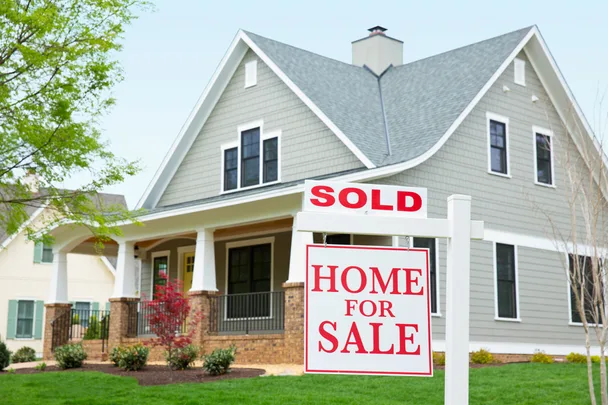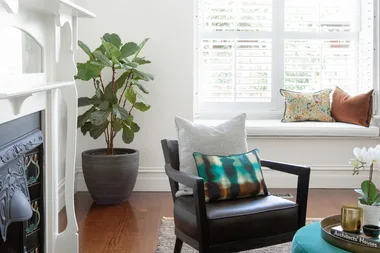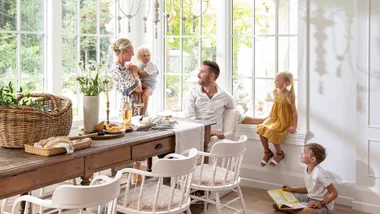Found your dream abode? Tick. Got your mortgage pre-approval? Sorted. Ready to make a bid and move straight in? Not just yet. Before you sign on the dotted line, it’s imperative to book in a building inspection and get the 411 on the property. Akin to a roadworthy for a car, it could uncover damage or defects that have been hiding under the home’s seemingly sparkling surfaces. Here’s why you should never skip this step again…
1. It will protect against (unwanted) surprises down the track
We’ve all heard the story about the couple who scored a charming inner-city terrace for a steal, only to move in and discover rising damp or termites. A pre-purchase building inspection will serve as your safety net, unearthing issues pertaining to maintenance, electricals, structure, drainage, roofing, ventilation and more. Always enlist a licensed professional to compile the report, says Charles Tarbey, CEO of Century 21 in Australia (if in doubt, turn to your real estate agent for recommendations). After that, a pest inspection is advised to ensure creepy crawlies aren’t sharing the residence with you – particularly if you live in an area where pests are a common problem.
2. It could help you negotiate a better price
Should your report reveal any minor defects (corrosion, for example) or major defects (such as structural issues), but you still have your heart set on the home, take heed. Knowledge is power: armed with evidence, you may be able to negotiate a lower price for the home, noting that financial compensation is required to fix the problems. The completed report will also help you make informed decisions about what needs fixing immediately, and what you’ll need to budget for in the future. On that note, the cost of an inspection varies from state to state but generally comprises three figures, which seems a small price to pay in the scheme of hundreds of thousands of dollars.
3. Safety should always come first
Sure, a building inspection might save you money on maintenance long-term, but more importantly, it could save lives. The professional carrying out the review will alert you to any safety hazards in the home: inadequate pool fencing, missing balustrade, absent smoke alarms, the presence of asbestos, to name a few. The report will also check the build is compliant with current and local regulations – think stair heights and window openings – which could defend against legal issues down the track.







